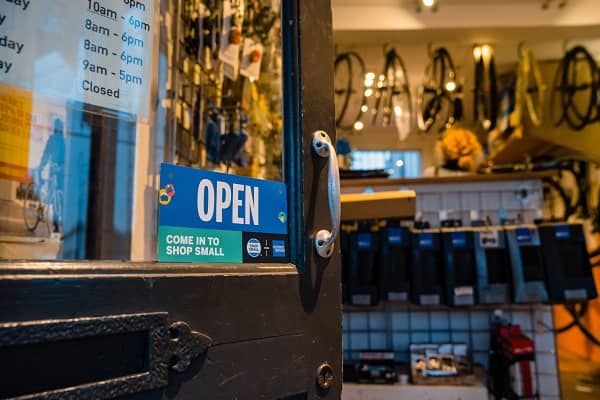With few exceptions, property companies seem unable or unwilling to make their businesses work in countries other than the one in which they were founded.
Why does Rightmove stick rigidly to the UK? After all, it is a commercial giant here and the darling of the stock market and you’d imagine that it would be tempting to replicate that performance in Europe or the US.
Talking of which, why has Zillow stayed confined solely to the US? The super-successful portal dominates the American property space there and now has a value of over $12 billion. Why not make a smart move into the UK which, after all, is one of the most lucrative markets on the planet? It would increase its shareholder value still further, wouldn’t it?
Foxtons monumentally failed in the USA. And, famously, Purplebricks’ expansion into Australia, Germany, Canada and the United States was a huge flop and ultimately the reason that Michael Bruce left the business.
Yes, there are a couple of big brands that have a presence overseas such as Savills and Knight Frank but even they utilise partner agents in many territories. Importantly, both of these firms are better known abroad for their consultancy and commercial work rather than as estate agency brands per se.
Here in Britain, we’ve not seen the likes of Keller Williams nor eXp hit big numbers. These American styled ‘real estate’ businesses count just 700 or so agents between them, just 1% or so of the country’s total despite launching here years ago.
So why? Why do overseas brands not perform well in the UK and vice versa?
I think the answer to this is simply because each entity believes that it can impose its domestic business model on additional countries. This is a mistake.
There are of course certain markets that are similar to each other. For instance, France, Italy, Spain and Portugal operate in a similar way to each other as does the USA and Canada. But, the US vs the UK, the US versus Europe, the UK vs Europe… there are differences.
Maybe, just perhaps, it’s us that are the odd one. After all, domestically we charge some of the lowest fees in the world. We have one of the most draconian, slow and uncertain conveyancing processes and we do not have a licensing regime.
Therefore, to try to shoehorn a model that works brilliantly in Florida to Hull, isn’t going to work out too well and this is what some of the early US self-employed businesses have found here whilst insisting upon labelling us Brits as ‘realtors’ that ‘close sales’ in the ‘real estate’ market. The terminology does not always fit.
But apart from foreign terminology in many senses of the word, British estate agents are used to a different set of legal rules too, a unique business culture and, yes, those low fees to contend with and scant room for ‘buy side agents’ and ‘broker splits’ etc.
There’s plenty of opportunity for overseas property companies to expand cross-territory. But they need to have both an understanding of and a respect for the new markets in which they are launching. Not all countries are the same just as not all estate agencies are the same.
Can an international estate agency company flourish here? I’ll let you know.
Lee O’Brien is UK managing director of iad, the international estate agency business which recently launched in the UK.
Global estate agency opens in the UK after completing acquisition








